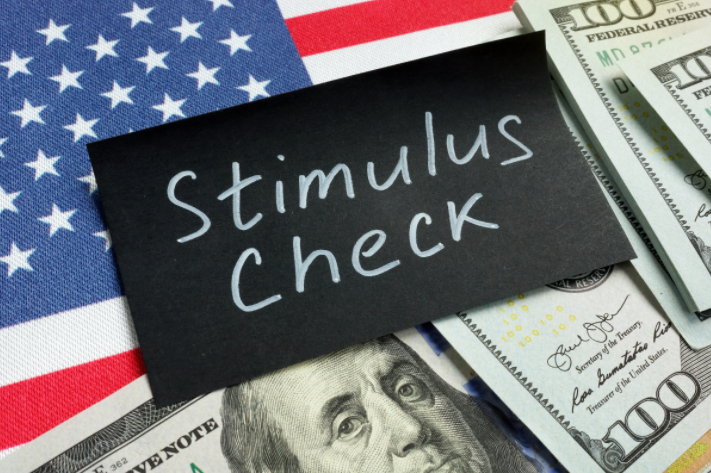Payne & Fears Dec. 28, 2020
On Dec. 27, 2020, President Trump signed the Consolidated Appropriations Act of 2021. Congress did not extend the mandate to provide leave under the Families First Coronavirus Response Act (“FFCRA”), but did extend the payroll tax credit benefit for those who continue to provide compliant leave. The failure to extend the mandate for employers to provide leave under the FFCRA may mean that the requirement under California’s AB 1867 for employers to provide COVID-19 supplemental paid sick leave also expires on December 31, 2020, unless further action is taken.
Although the political debate about the $600 in stimulus relief has been on the top of our newsfeeds, Congress also reopened the Paycheck Protection Program, which you may read about in our legal alert, and made significant changes to the CARES Act, as follows:
- FFCRA tax credits for employers have been extended to March 31, 2021, but the amendment did not extend the mandate to provide FFCRA leaves past December 31, 2020. Employers may voluntarily do so and claim tax credits until March 31.
- Extends eligibility federal funding of unemployment through FFCRA and the CARES Act through March 14, 2021.
- Extends eligibility, if a person is receiving unemployment assistance under the CARES Act on March 14, 2021, but has not exhausted their rights under the CARES Act, to continue receiving assistance through April 5, 2021.
- Increases from 13 weeks to 24 weeks the maximum time for which states may extend unemployment benefits under the Pandemic Emergency Unemployment Compensation program. As mentioned below, the extra 11 weeks of benefits adds a $300 weekly enhancement, which is a decrease from $600 per week. Moreover, there is an increase on the maximum number of weeks one can receive assistance from 39 weeks to 50 weeks under the Pandemic Unemployment Assistance Program (PUA) portion of the CARES Act. The PUA is for those who are self-employed, seeking part-time employment, or otherwise would not be entitled to regular unemployment compensation.
- Requires that to be eligible for PUA assistance, a person must submit documentation showing employment, self-employment, or anticipated self-employment within 21 days of submitting an application for pandemic unemployment assistance.
- Allows a person to appeal any decision regarding his or her eligibility for pandemic-related unemployment under the CARES Act. The procedures for CARES Act appeal will be carried out by the state that made the initial determination and will be done in the same way the state conducts appeals regarding rights to regular compensation.
- Requires that if a person receives excess unemployment assistance that he or she was not entitled to under the CARES Act, the state providing the unemployment insurance must require the person to repay the state unless it determines the payment was without fault to the individual or such repayment would “be contrary to equity and good conscience.” Essentially, states have wide latitude to avoid seeking repayment.
- Requires states to report unemployment assistance abuse. Each state participating in the CARES Act must now create a way to allow employers to report to states when a person refuses to return to work or accept a suitable alternative to work.
- Provides $100 per week in Mixed Earner Unemployment Compensation for those who receive at least $5,000 of self-employment income.
